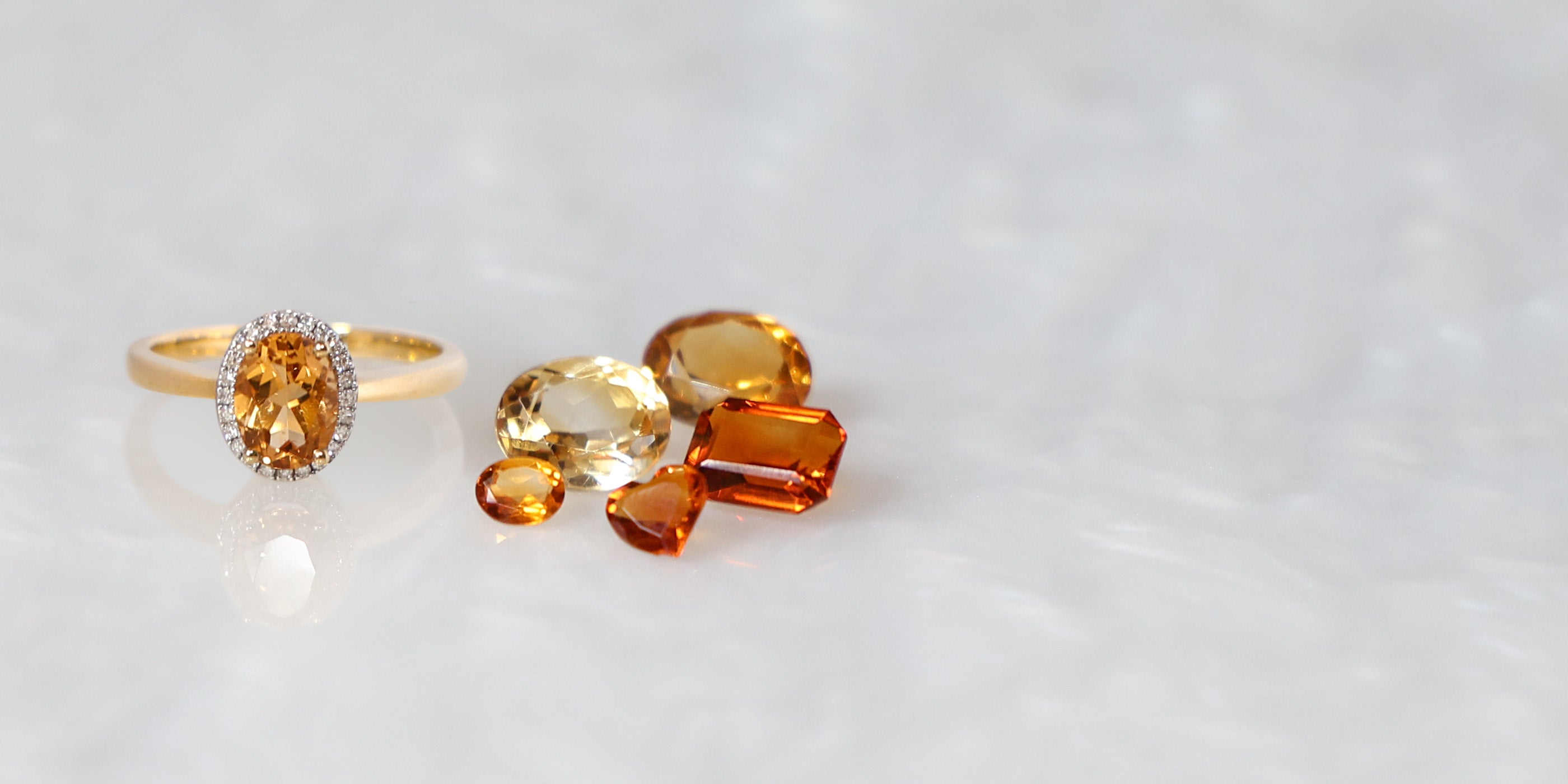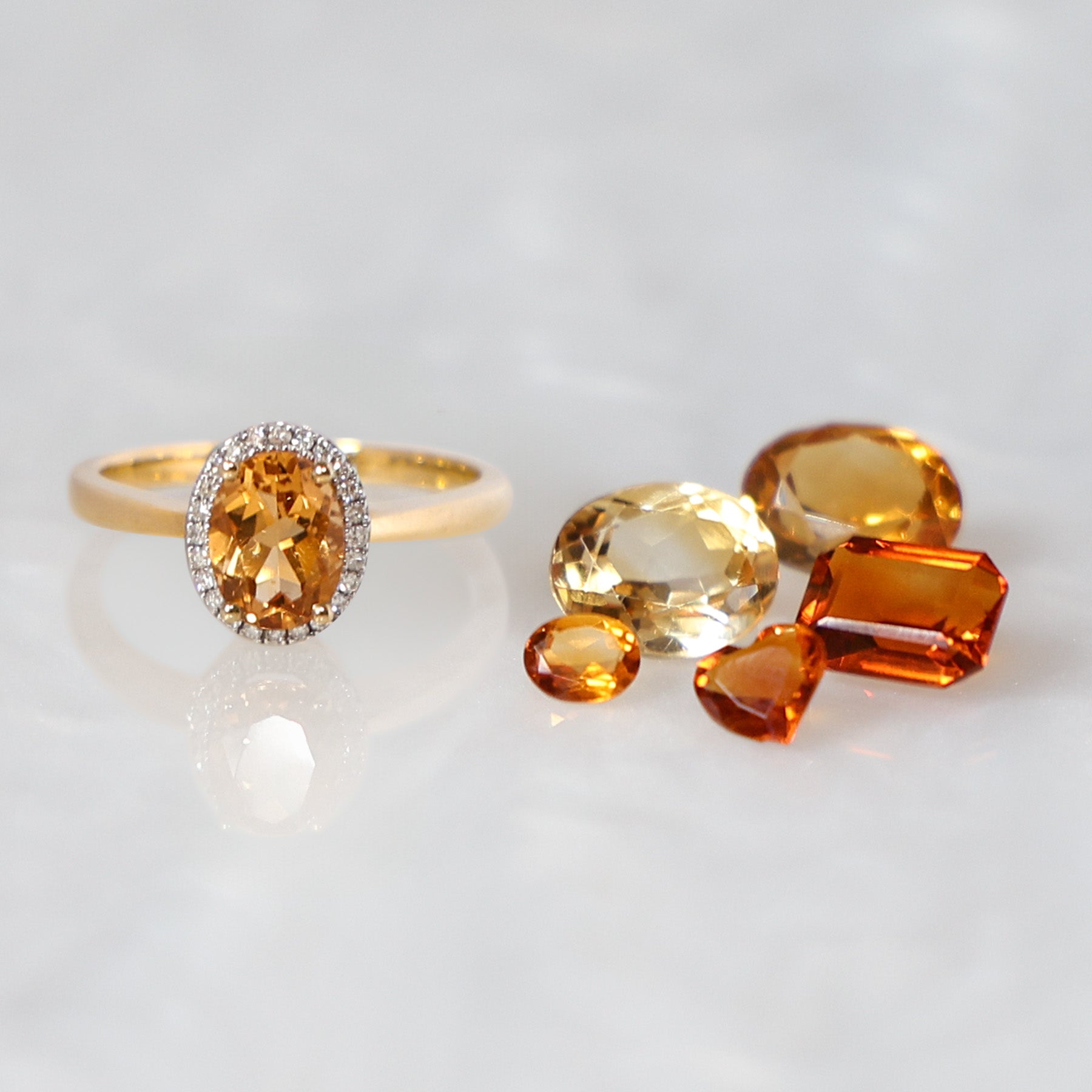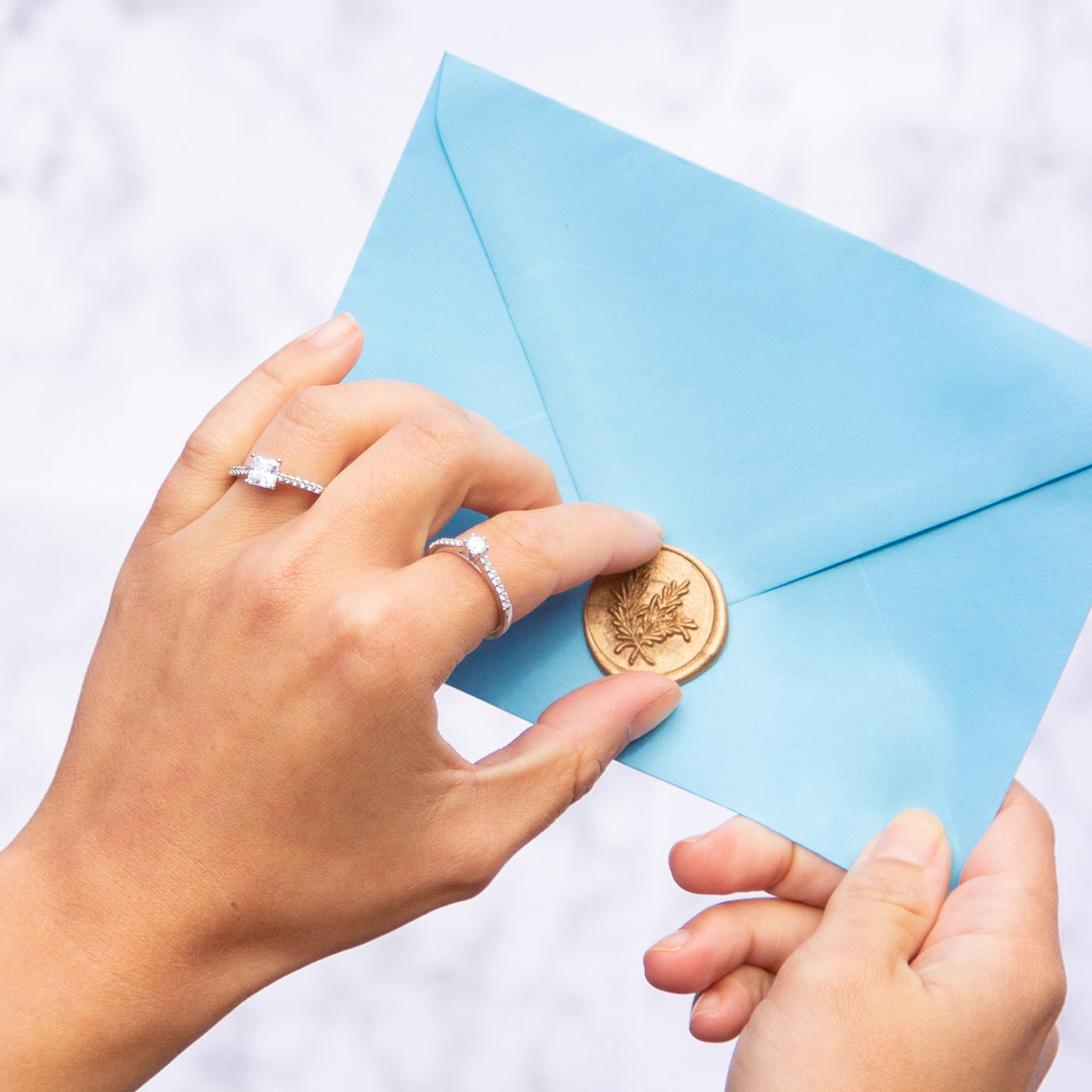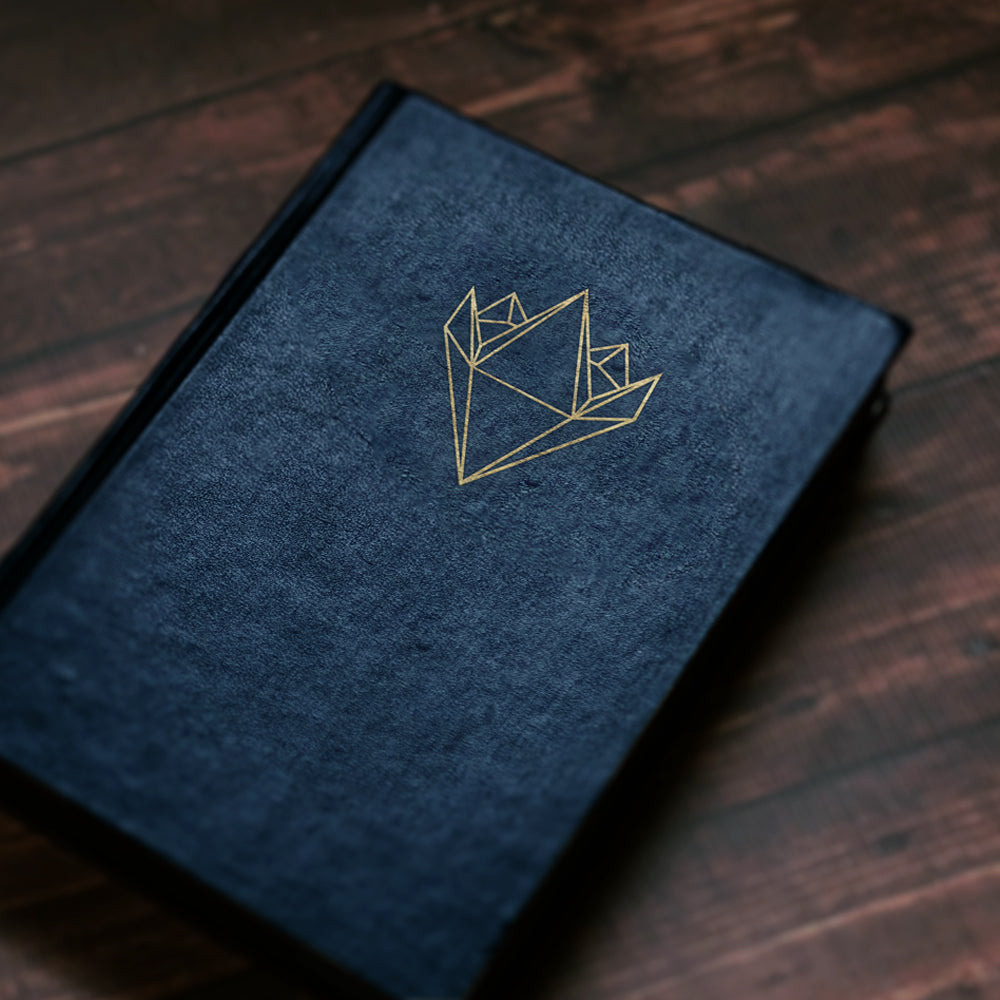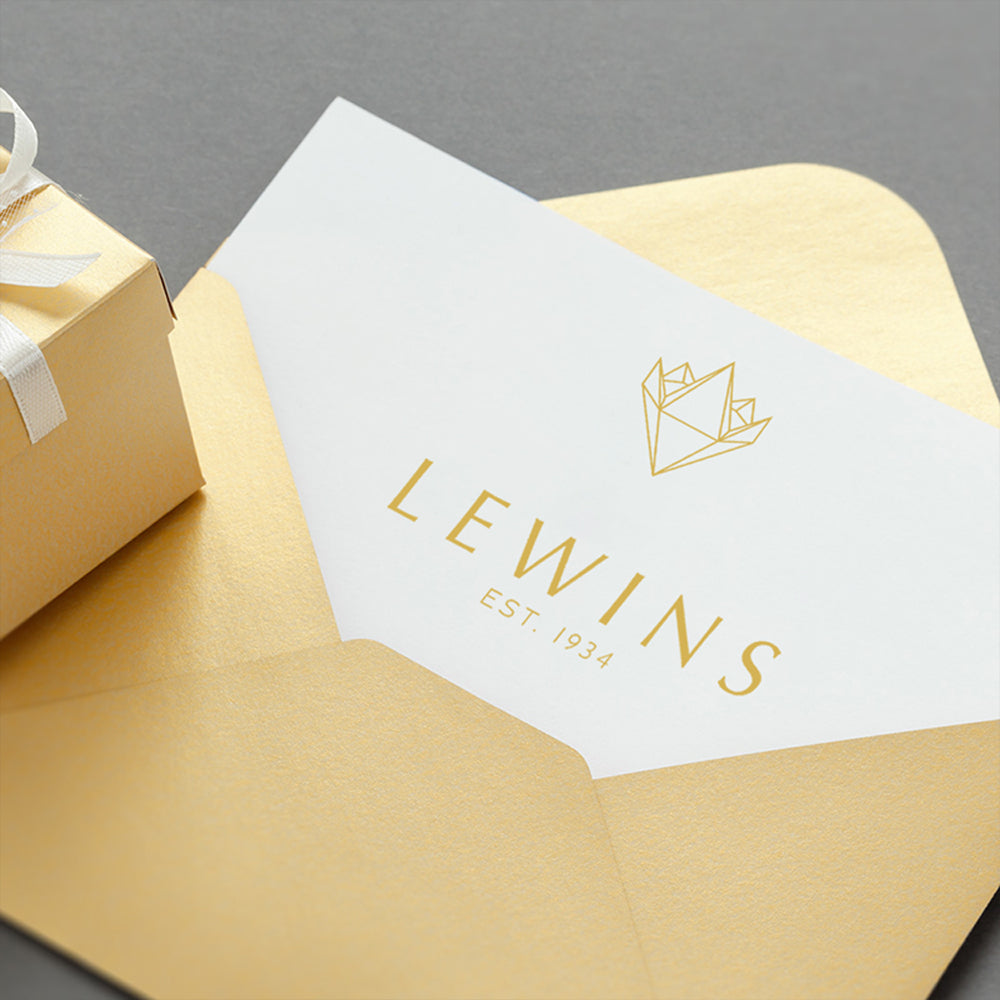Material: 9ct White Gold
Brand: Lewins
Style: Stone Set, Trace
Neckline: Princess: 17" - 19"
Clasp Design: Lobster
Primary Stones: Sapphire, 1 Round Brilliant Cut, apx total weight 0.25cts, Diamonds, 2 Round Brilliant Cuts, apx total weight 0.18cts
Accent Stones: Diamonds, 27 Round Brilliant Cuts, apx total weight 0.27cts
Birthstone: Sapphire - September, Diamond - April
Anniversary: Sapphire - 5th, 45th, 75th, Diamond - 10th, 60th
Length: 16-18"
Dimensions: Pendant Size 15mm (L) x 7mm (W)
Weight: 2.35 grams
Gem Lore:
Sapphire - derives from the Latin word ‘saphirus’ and Greek word ‘sapheiros’, which simply translates to the colour blue. This gemstone is referenced frequently throughout Ancient Literature. From being the celestial material given to Moses, that sacredly held the inscription of the Ten Commandments. The ancient Persians, who believed the earth to rest on a giant sapphire, which was then reflected in the sky. To Helen of Troy, who was thought to possess a large star sapphire, the reason behind her desirability. In most recent times, sapphire has come to symbolise wisdom and creativity.
Diamond - derives from the Greek word ‘adamas’, which translates to ‘invincible’. Today, the meaning somewhat refers, to the gemstones excellent hardness (ranking 10 on Mohs' scale), hence diamonds are highly resistant to be scratched or abraded by another material, other than diamonds itself. Moreover, diamonds possess the magical phenomenon of fire, which relies on the facetted gemstones ability to disperse (split) light, into a rainbow of colours.
The ancient Egyptians thought diamonds symbolised life, and the Pharaohs were known to place the gemstone in the centre of an ankh cross. Whereas, the ancient Greeks believed diamonds to be the tears of the gods or broken splinters from fallen stars. Alternatively, in ancient Roman literature it is noted that Cupids arrows were ‘diamond tipped’, maybe one of the first references that associates the gemstone with love.
Jewellery Care Precautions:
Avoid direct contact with: perfume, lotions, skincare, hairspray / other chemicals. Remove, your jewellery: when showering, swimming (as both chlorine and saltwater will react with metals), washing your hands / using hand sanitisers, before going to bed or when participating in physical activities (going to the gym, exercising, gardening, housework etc….).
Beware, metals may tarnish over time due to oxygen contact and natural body oils. Prevent items from being exposed to moisture and direct sunlight, for long periods. Store jewellery in a dry place away from humidity, in a pouch/jewellery box and keep each piece separated from each other. Care, for your jewellery by cleaning with a soft dry cloth.
White Gold:
White gold is not an element and does not occur naturally in a pure form. Pure yellow gold is mixed with alloys of white metals (such as palladium) to produce, a silver coloured alloy, known as white gold. It is further coated in a precious metal called rhodium (an element that derives from the same metal family as platinum), to increase its lustrous sheen and protect it from tarnishing and scratching.
Over time with exposure to oxygen and moisture, the rhodium coating will naturally wear and you will begin to see the natural yellow colour of gold. Rings will experience this more than other types of jewellery. The general guide for re-applying rhodium coating to your rings is between 1-2 years. However, the rate of wear depends on the pH level of your skin, exposure and contact to chemicals. For professional cleaning and rhodium coating, our workshop will provide the TLC your jewellery needs.
Sapphire, Corundum:
Hardness: 9 | Toughness: Excellent | Stability: Very Good
Low Caution: A very durable gemstone, generally it is safe to use in; Jewellery Cleaners (dips, ultrasonic and steam cleaners).
Gemmological Observation: Corundums are a very durable gemstone. However, if lead-glass filled or heavily fractured, you will need to avoid: Chemicals (acid, detergents), Direct Heat, Jewellery Cleaners (ultrasonic, steam cleaners).
Diamond:
Hardness: 10 | Toughness: Good | Stability: Excellent
Low Caution: A very durable gemstone, generally it is safe to use in; Jewellery Cleaners (Dips, Ultrasonic, Steam Cleaners).
Gemmological Observation: Diamonds have excellent hardness, this means only a diamond can scratch/abrade another diamond. To avoid scratches, store your diamond set jewellery separately. Diamonds only have good toughness, as they possess perfect cleavage. This means that if knocked in the wrong direction, the diamond can cleave/fracture. Whilst wearing, you will need to avoid: Sudden Impact (sharp knocks). If the diamond is heavily fractured, you will need to avoid using: Jewellery Cleaners (ultrasonic, steam cleaners).
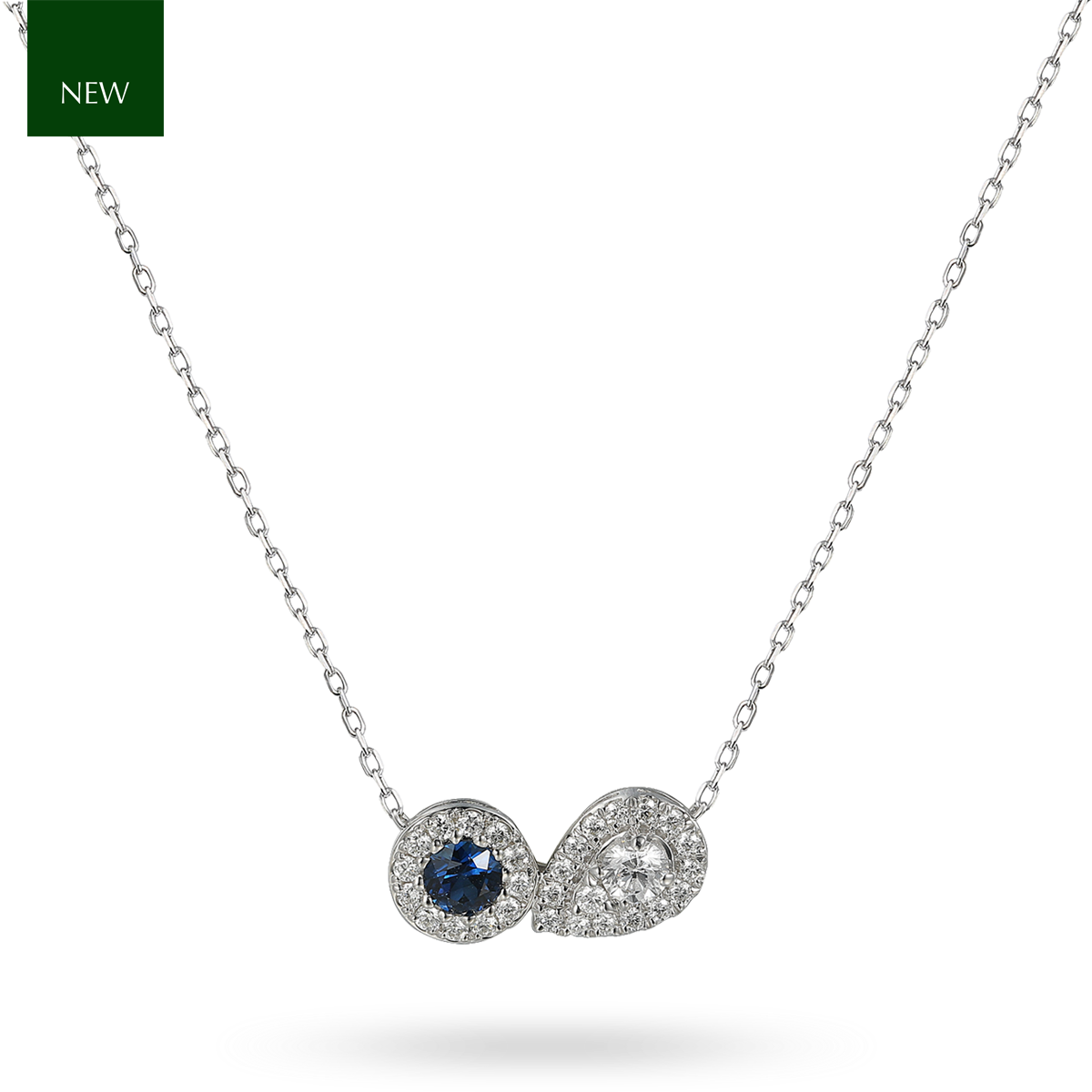
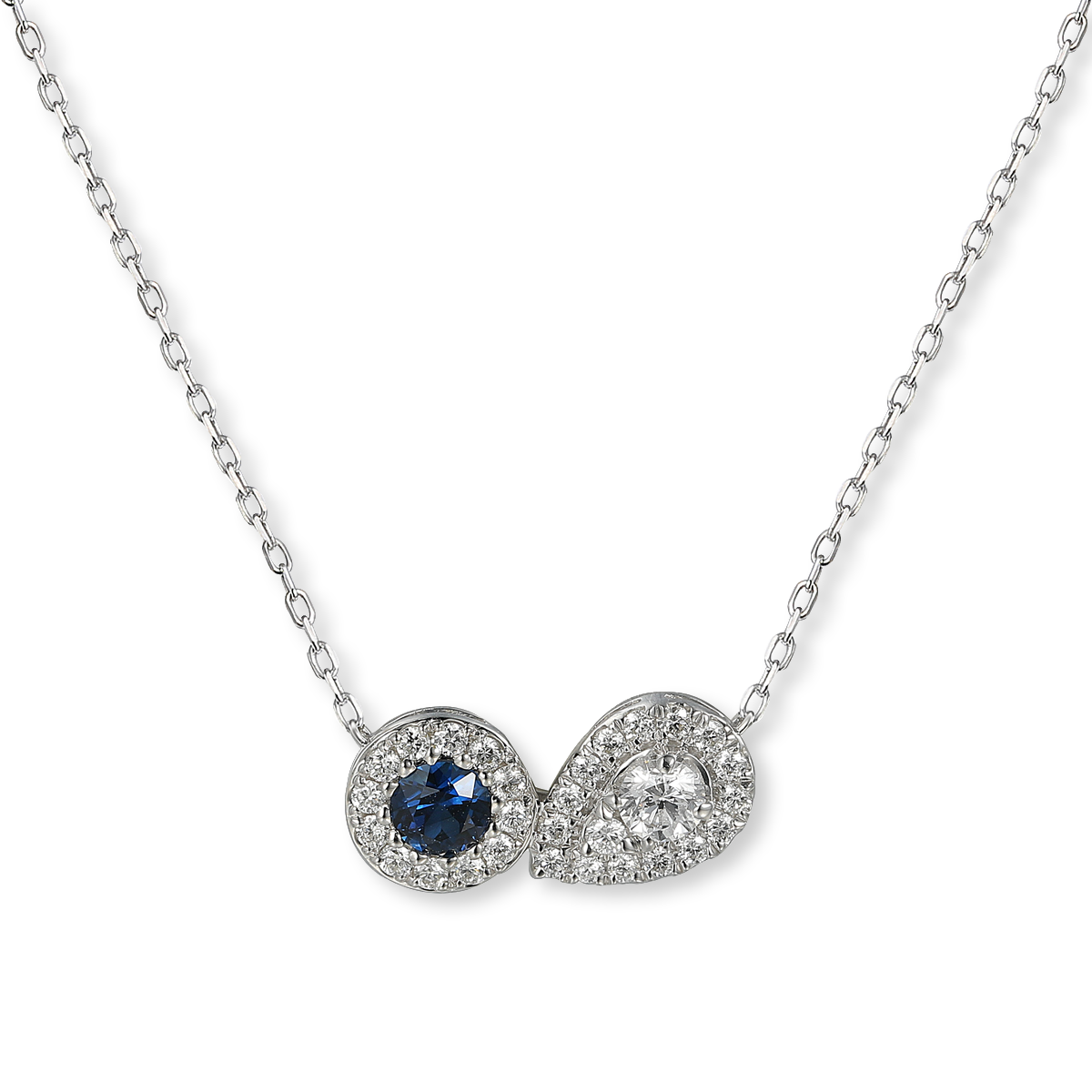

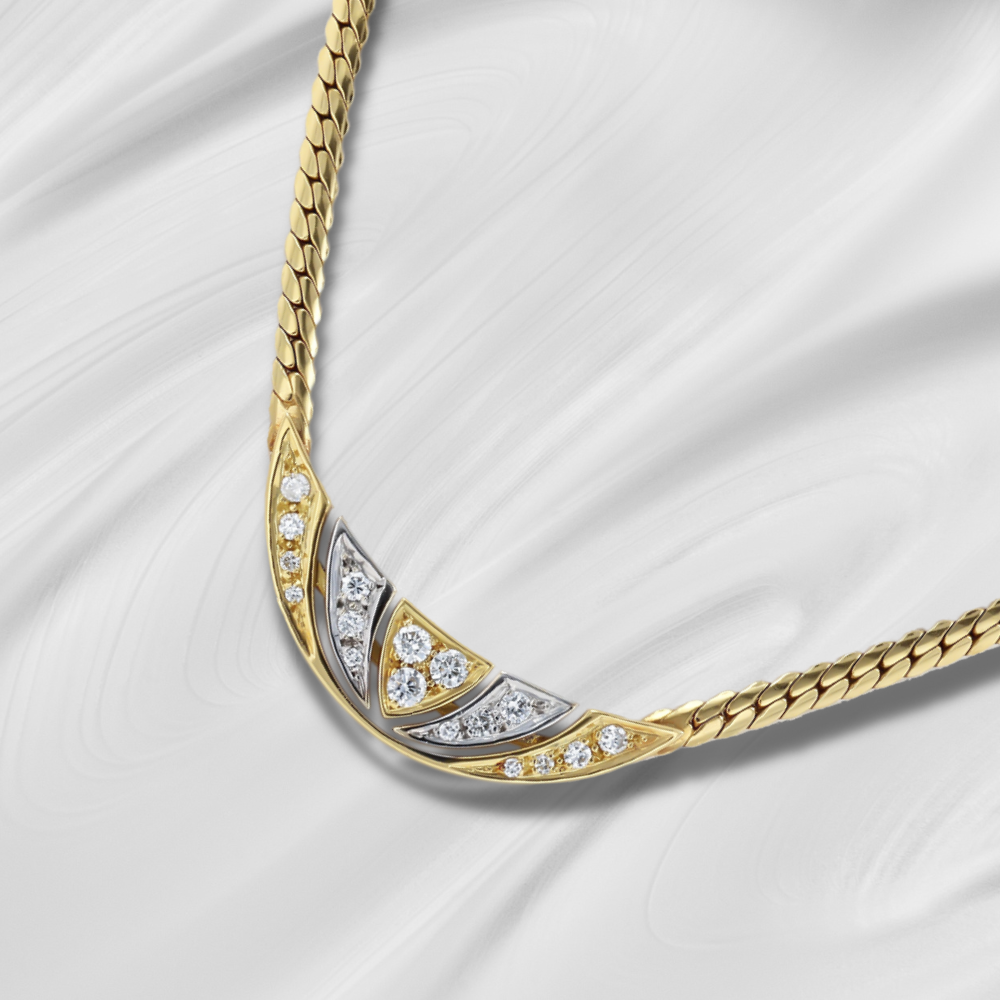
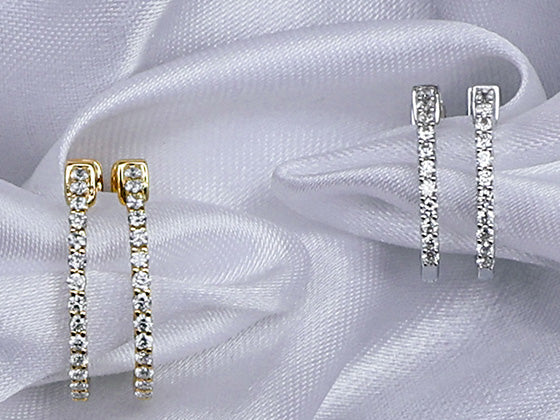
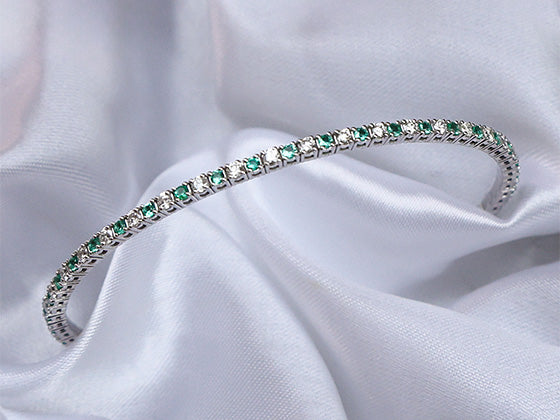

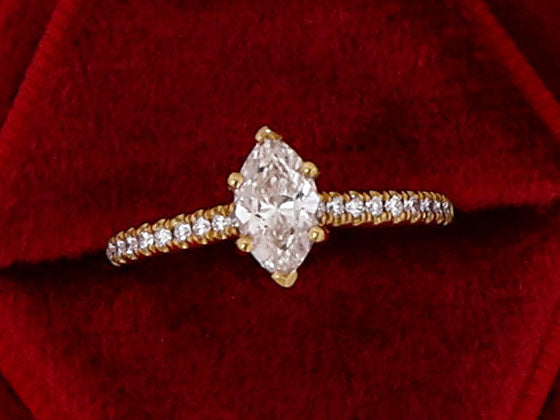
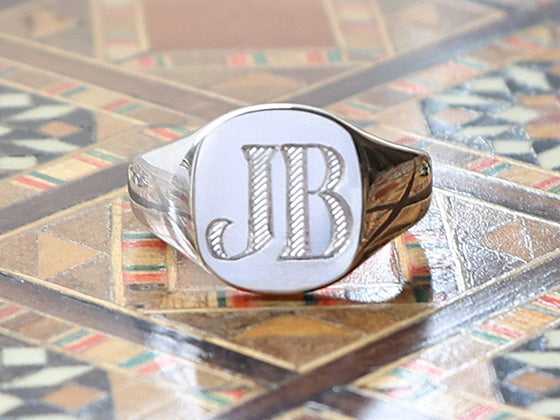
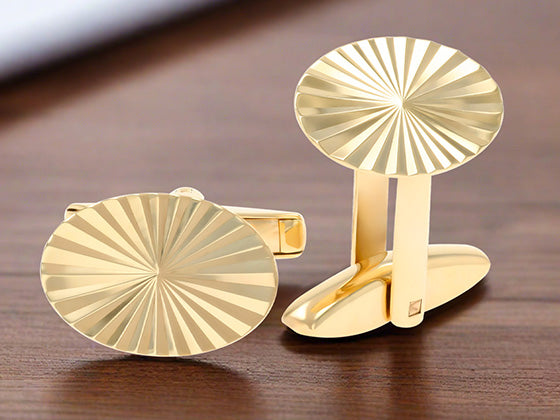
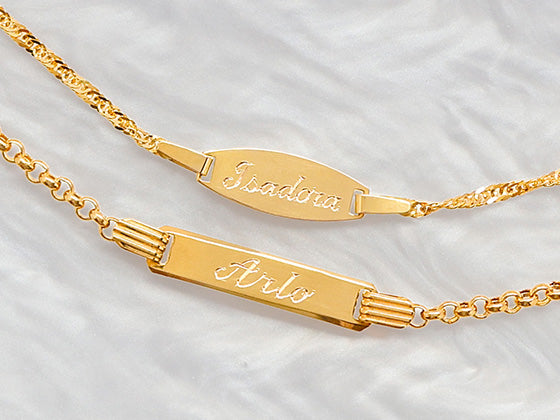
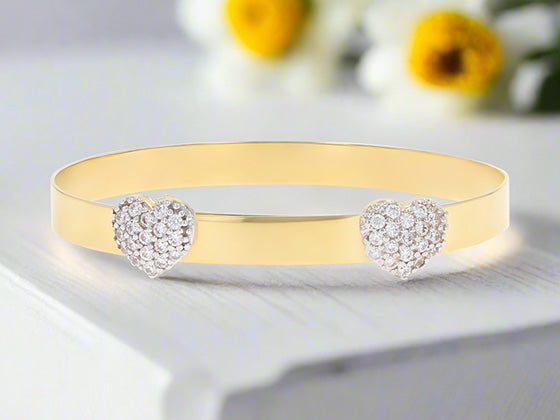
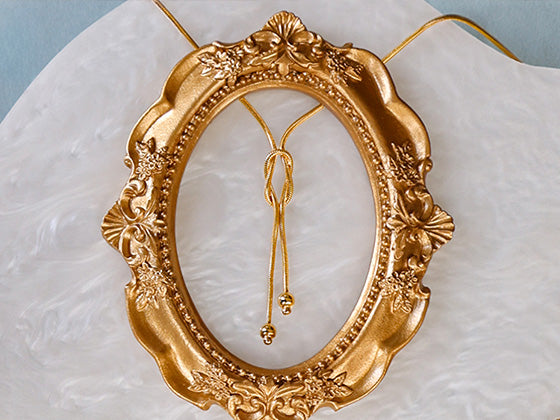
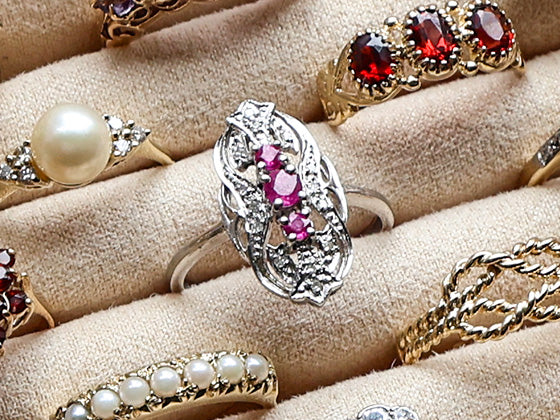
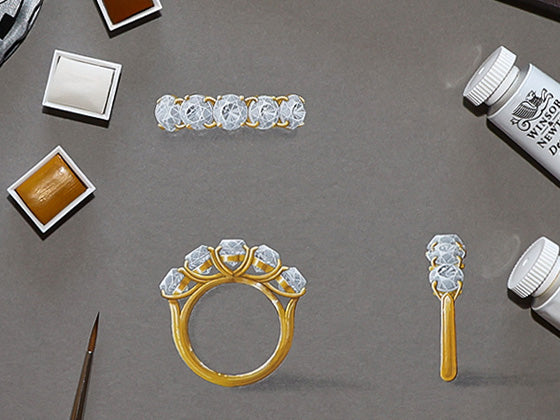
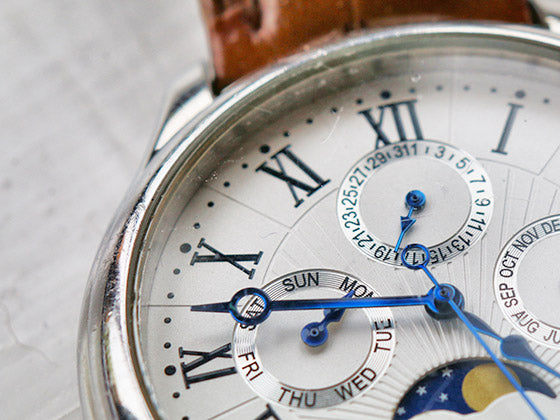
 Contact Us
Contact Us



